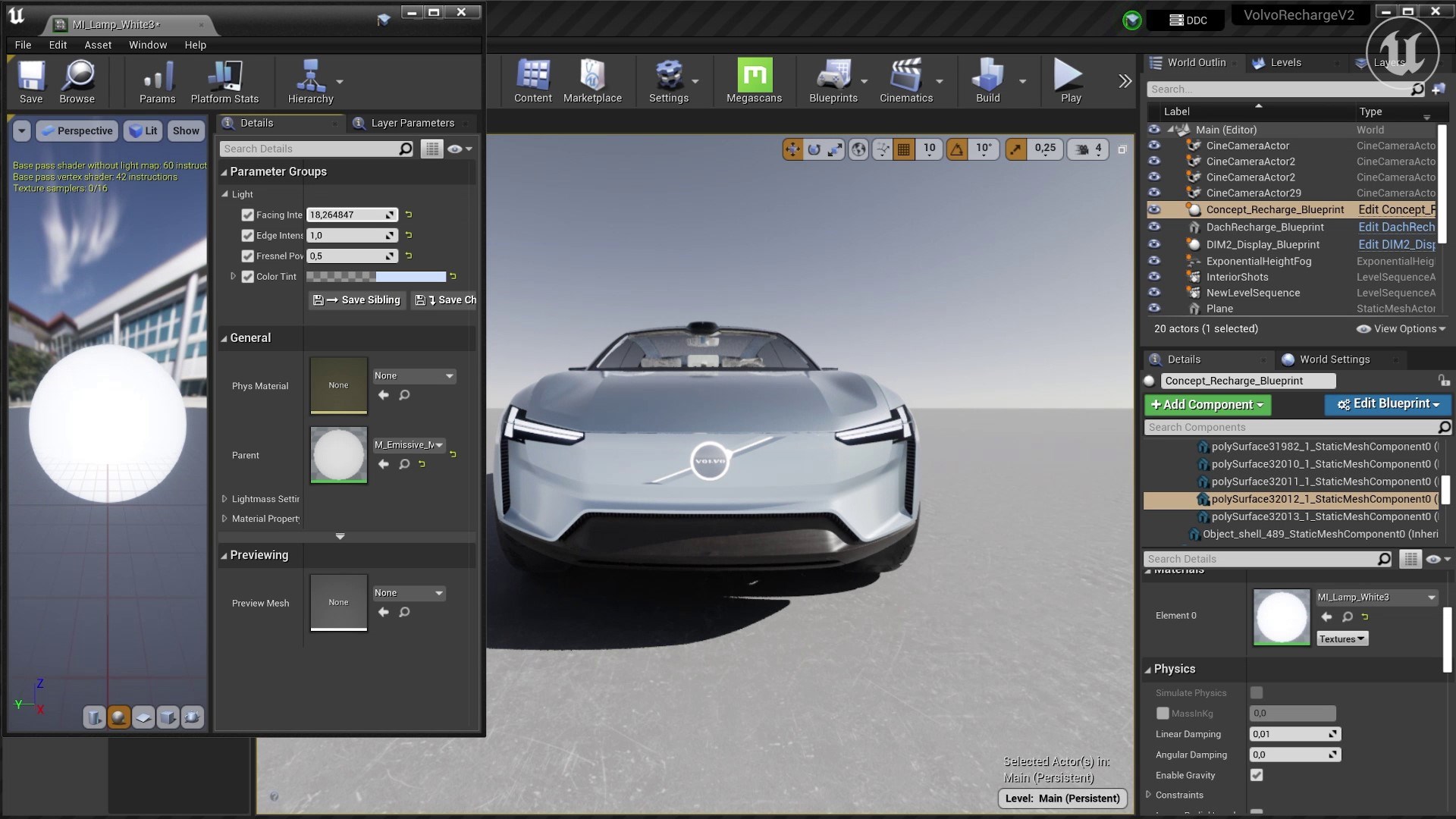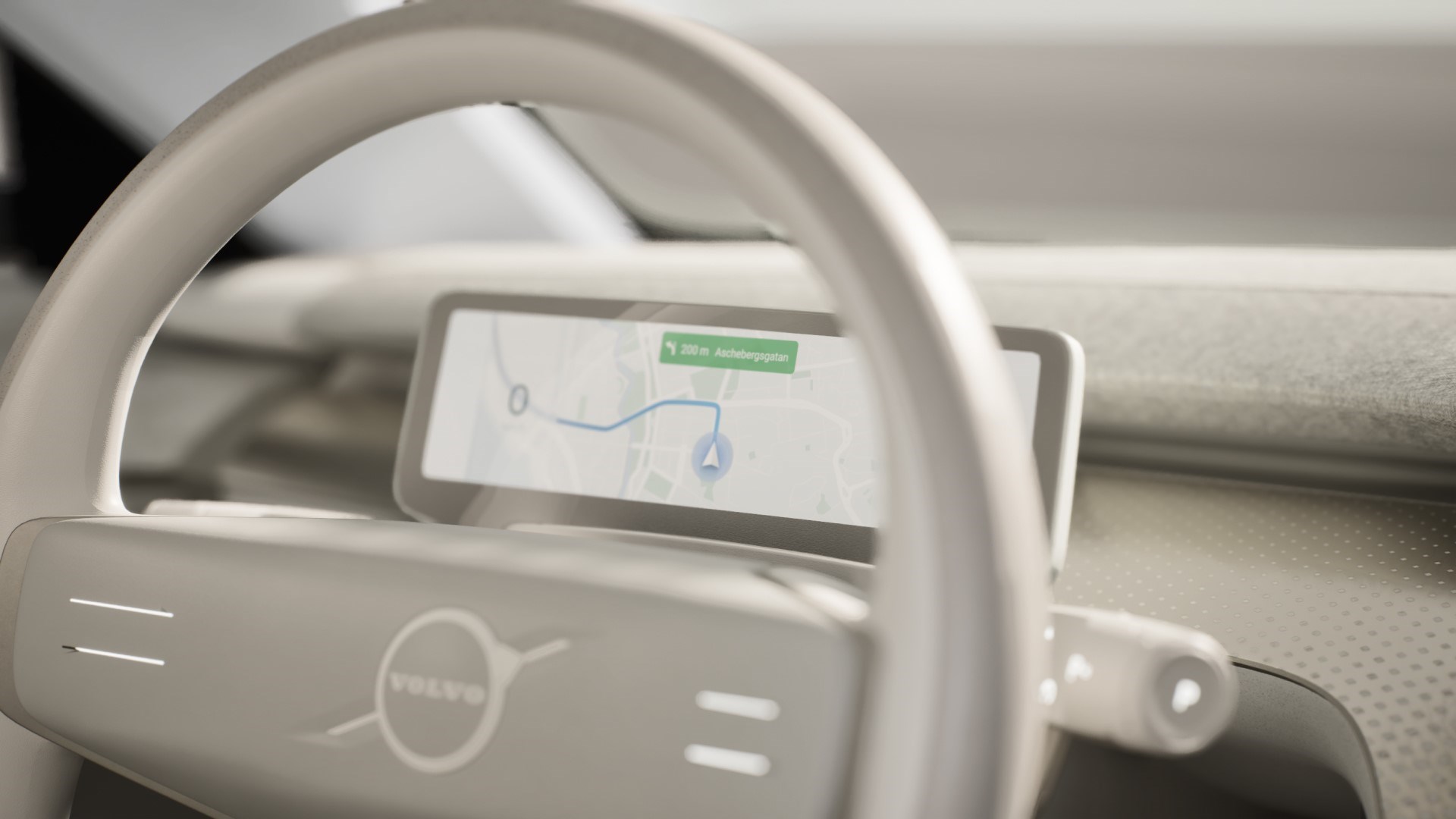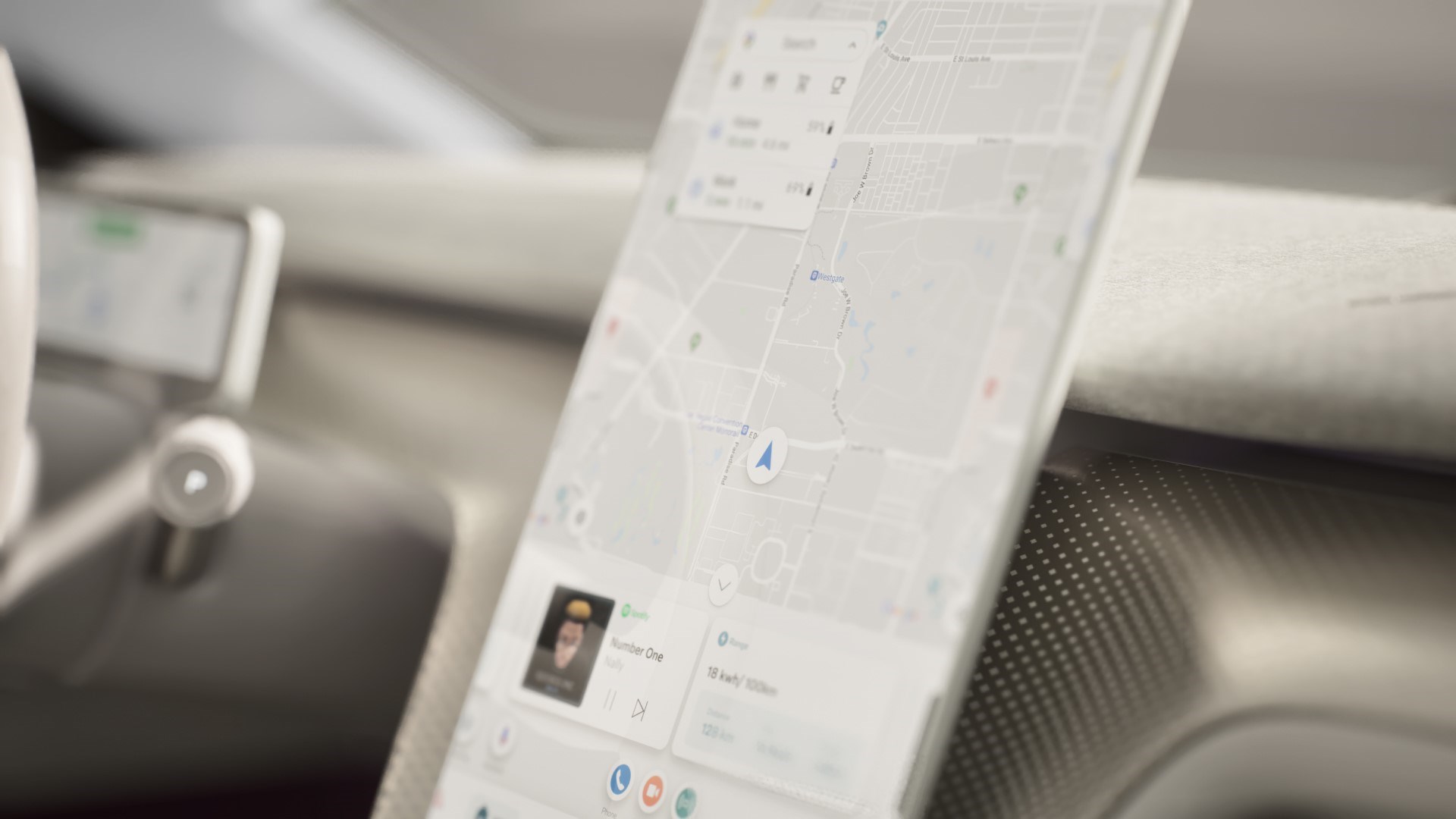Swedish automaker Volvo has collaborated with Epic Games to bring Unreal Engine photorealistic visualization technology into its next-generation EVs. This latest partnership between an automaker and a technology company links the dwindling gap between the actual and virtual realm, aiming to provide drivers with a more immersive driving experience. Volvo is the first European automaker to utilize Unreal Engine in developing advanced human-machine interfaces (HMI). The carmaker said the first application of Unreal Engine is for the driver information display of upcoming Volvo vehicles.
“When you bring interactive, high-resolution graphics running in real-time into the car, you open the door to a vast range of new ways to inform and entertain everyone inside,” said Heiko Wencel, Director of Automotive and HMI for Unreal Engine at Epic Games. “Volvo Cars’ deeply talented design and product development teams have grasped this opportunity to do something fresh that will keep evolving with exciting new features that take advantage of the capabilities of Unreal Engine.”
Setting New Standards



Epic Games’ Unreal Engine is one of the industry’s most advanced real-time 3D creation tools, capable of offering gaming-quality graphics and real-time renderings for digital interfaces. Volvo promises its next-gen infotainment will be twice as fast as before, while the graphics and processing will be ten times faster. Combined with the dense computing power of third-gen Snapdragon Cockpit Platforms, Volvo claims its vehicles will blaze new standards in graphics and infotainment system performance.
“To offer our customers the best possible user experience and contribute to a safe and personal drive, we need rich, immersive, and responsive visualization inside our cars,” said Henrik Green, Chief Product Officer at Volvo Cars. “Running Unreal Engine in our cars enables this and makes it even more enjoyable to spend time inside a Volvo.”
The first Volvo car to feature Unreal Engine’s top-notch graphics is the brand’s all-new, all-electric XC90 flagship crossover debuting later in 2022. It opens the doors to a new wave of all-electric Volvo cars as the company aims to sell only EVs by 2030. The latest XC90 is riding on a new, EV-dedicated SPA2 platform, and it could arrive on the market with a new name, the Embla, although Volvo has yet to confirm the name change. Meanwhile, the Volvo Concept Recharge unveiled in 2021 will give you a glimpse of Volvo’s incoming flagship electric SUV.


